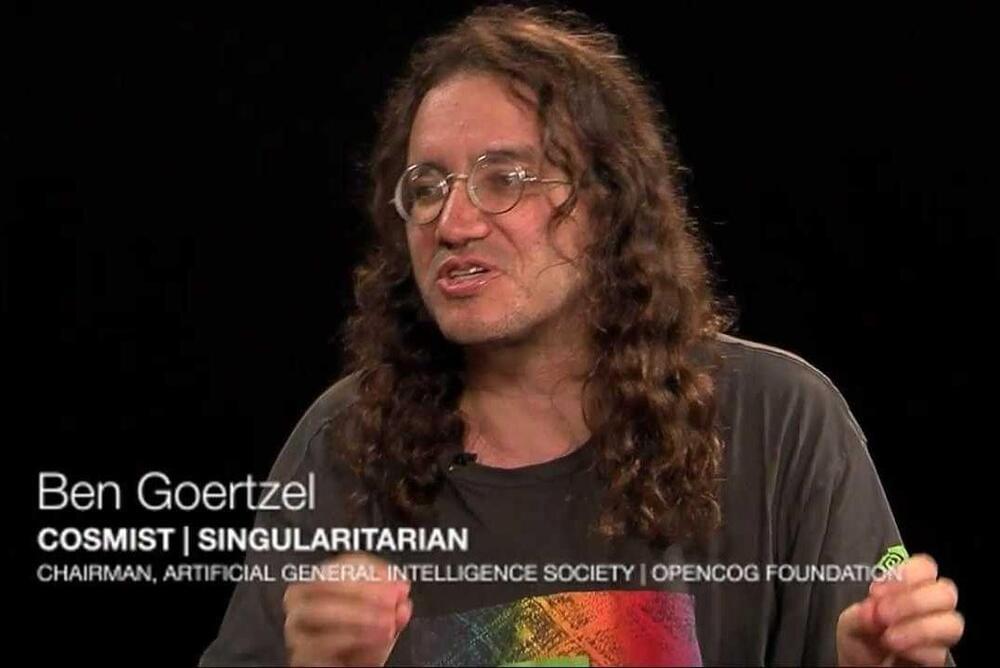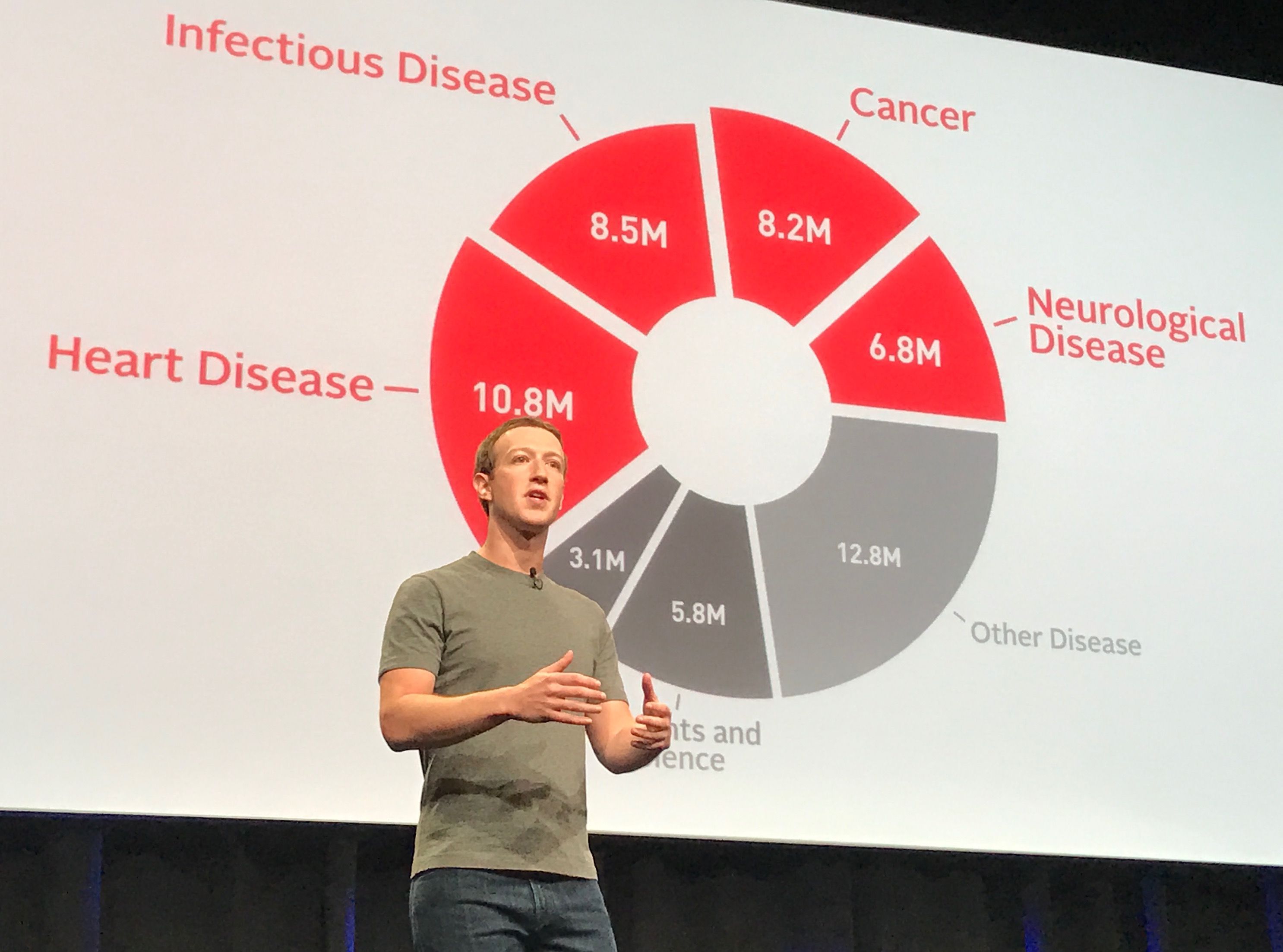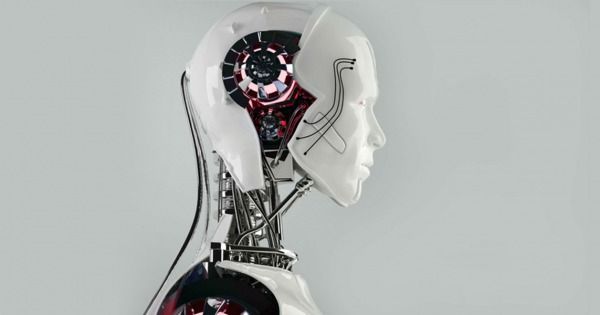When the project started, a “Red Team” of hackers could have taken over the helicopter almost as easily as it could break into your home Wi-Fi. But in the intervening months, engineers from the Defense Advanced Research Projects Agency (DARPA) had implemented a new kind of security mechanism — a software system that couldn’t be commandeered. Key parts of Little Bird’s computer system were unhackable with existing technology, its code as trustworthy as a mathematical proof. Even though the Red Team was given six weeks with the drone and more access to its computing network than genuine bad actors could ever expect to attain, they failed to crack Little Bird’s defenses.
“They were not able to break out and disrupt the operation in any way,” said Kathleen Fisher, a professor of computer science at Tufts University and the founding program manager of the High-Assurance Cyber Military Systems (HACMS) project. “That result made all of DARPA stand up and say, oh my goodness, we can actually use this technology in systems we care about.”
The technology that repelled the hackers was a style of software programming known as formal verification. Unlike most computer code, which is written informally and evaluated based mainly on whether it works, formally verified software reads like a mathematical proof: Each statement follows logically from the next. An entire program can be tested with the same certainty that mathematicians prove theorems.
Read more

















